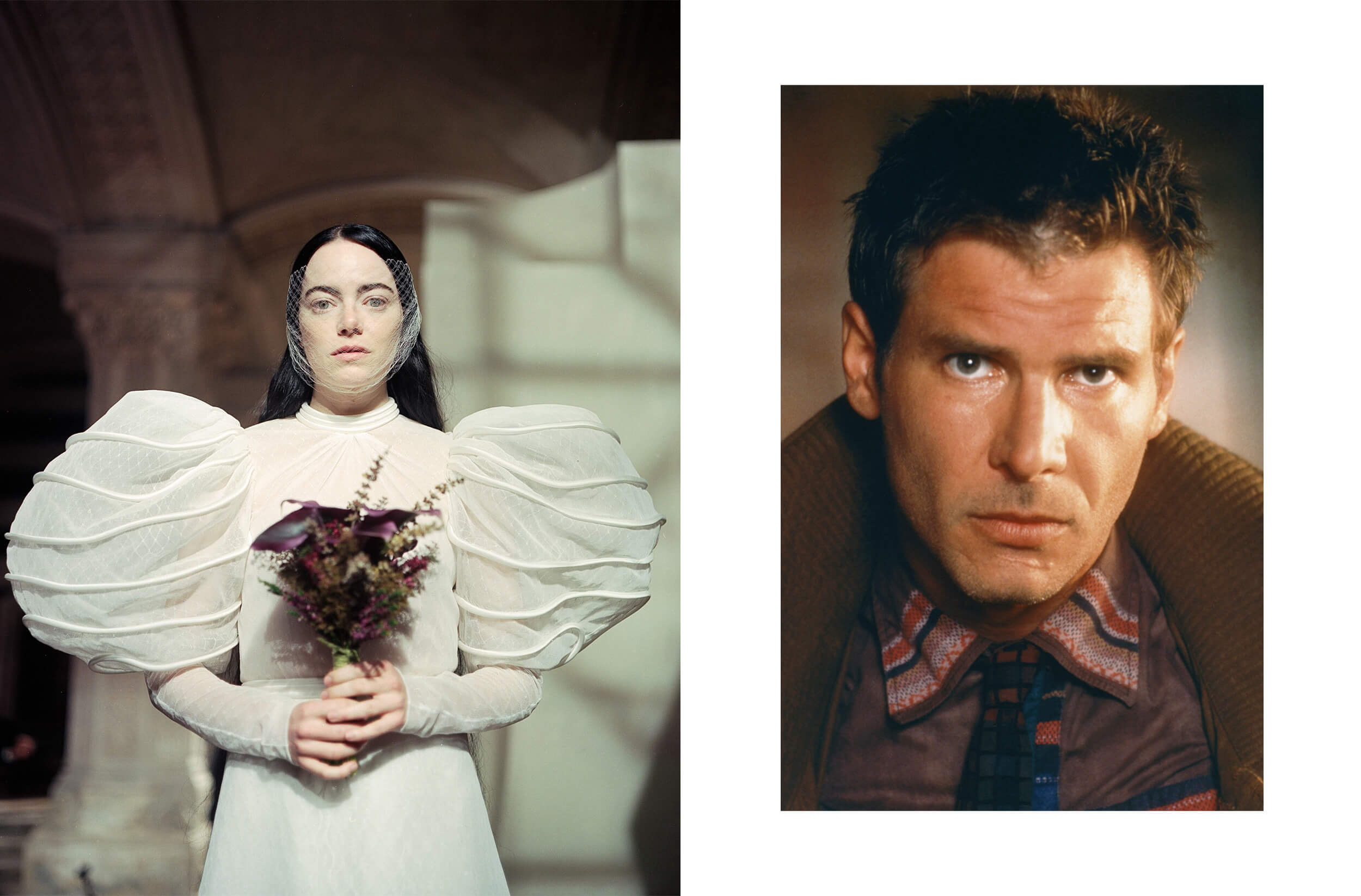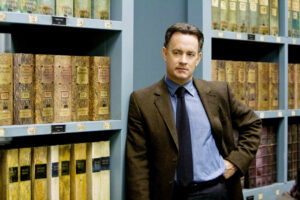Sometimes we convince ourselves that certain genres aren’t for us, a priori, without even giving them a chance, without trying to understand them. Then, one day, a nudge, the right one, a stimulus, or an influential opinion persuades us, and suddenly, out of the blue, we find ourselves trapped among the sofa cushions, with a bowl of fennel-flavored taralli in our lap, watching successes drawn from Philip K. Dick‘s works. And we discover that we like them more than we could have ever imagined.
Right at that point, with the bittersweet taste of regret and flavored taralli, we wonder: how much of my life without “fantasy” have I wasted?
Sci-fi, surrealism, fantasy, dystopian, science fiction, horror fiction: all genres, and/or synonyms of a single genre, that fall into the same pit, that of being snubbed by anyone who doesn’t consider themselves a “nerd” or a fan of fantasy and sci-fi from birth. Or by those who don’t want to be considered as such. I myself, in vain (and in hindsight, unreasonable) attempts to fit in, for once in my life, into a category, have always thought I could define myself as a fan of “sophisticated cinema”, a lover of “art imitating life”, of realistic dramas you see in the cinema as soon as they come out or that you avidly watch before they become popular on streaming platforms. However, it’s also true that I have always been (and will forever be) a passionate fan of the Harry Potter saga, “Hunger Games”, and “Back to the Future”, an avid reader of books like “A Series of Unfortunate Events” and “Tales of Terror”, and my favorite by Jane Austen is “Northanger Abbey” (the least realistic one she wrote). So, the foundations were there for me to eventually discover an appreciation for the fantastical. I think, however, that the foundations are in each of us: we just need to find the right things to watch.
“Blade Runner”
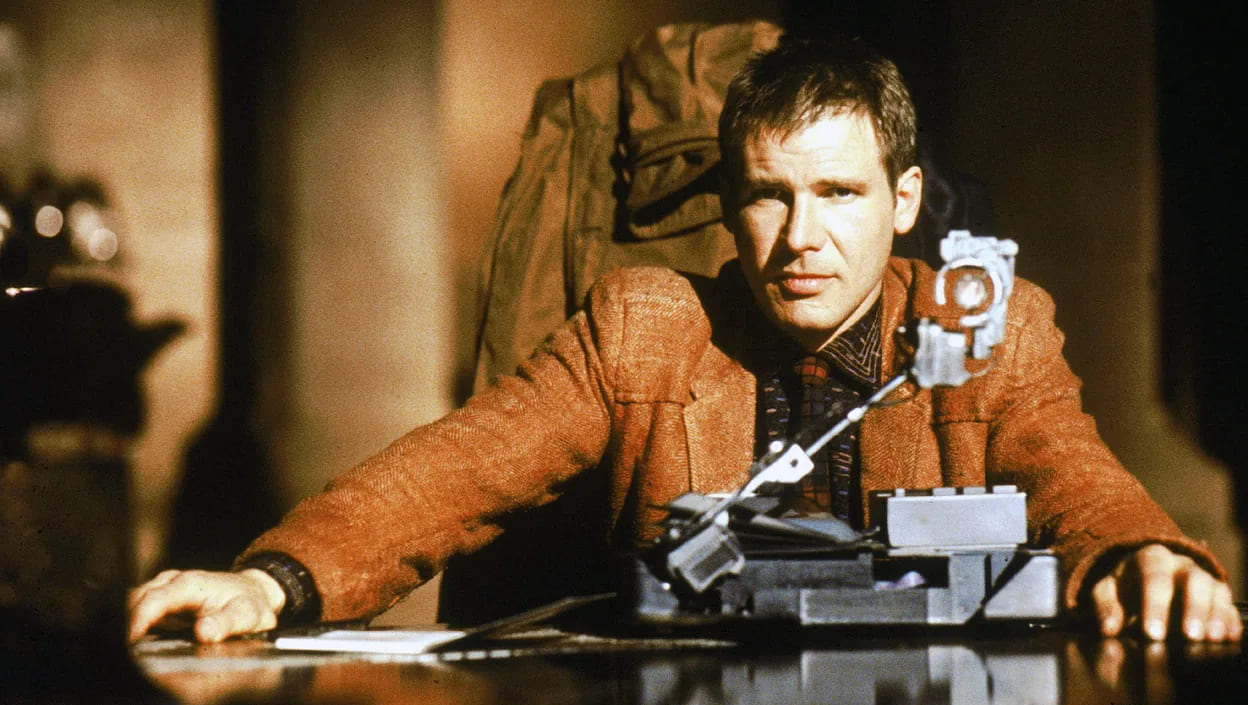
Ridley Scott’s cult classic inspired by Philip K. Dick’s “Do Androids Dream of Electric Sheep?” was my sci-fi baptism in adulthood. After a long phase dedicated to sad indie cinema, in that undefinable period of life between the end of adolescence and the beginning of maturity, new acquaintances, new stimuli, new interests, new desires convinced me to explore a genre I had never indulged in so easily. Sci-fi can arouse as much distrust as addiction, and Scott’s film about androids (replicants) trying to escape from the extraterrestrial colonies they were sent to invade Earth and take over men’s places is the first of a long series of stories capable of making you, if not fall in love, at least become intrigued by the genre.
“Twin Peaks” 1, 2, 3 + “Fire Walk with Me”
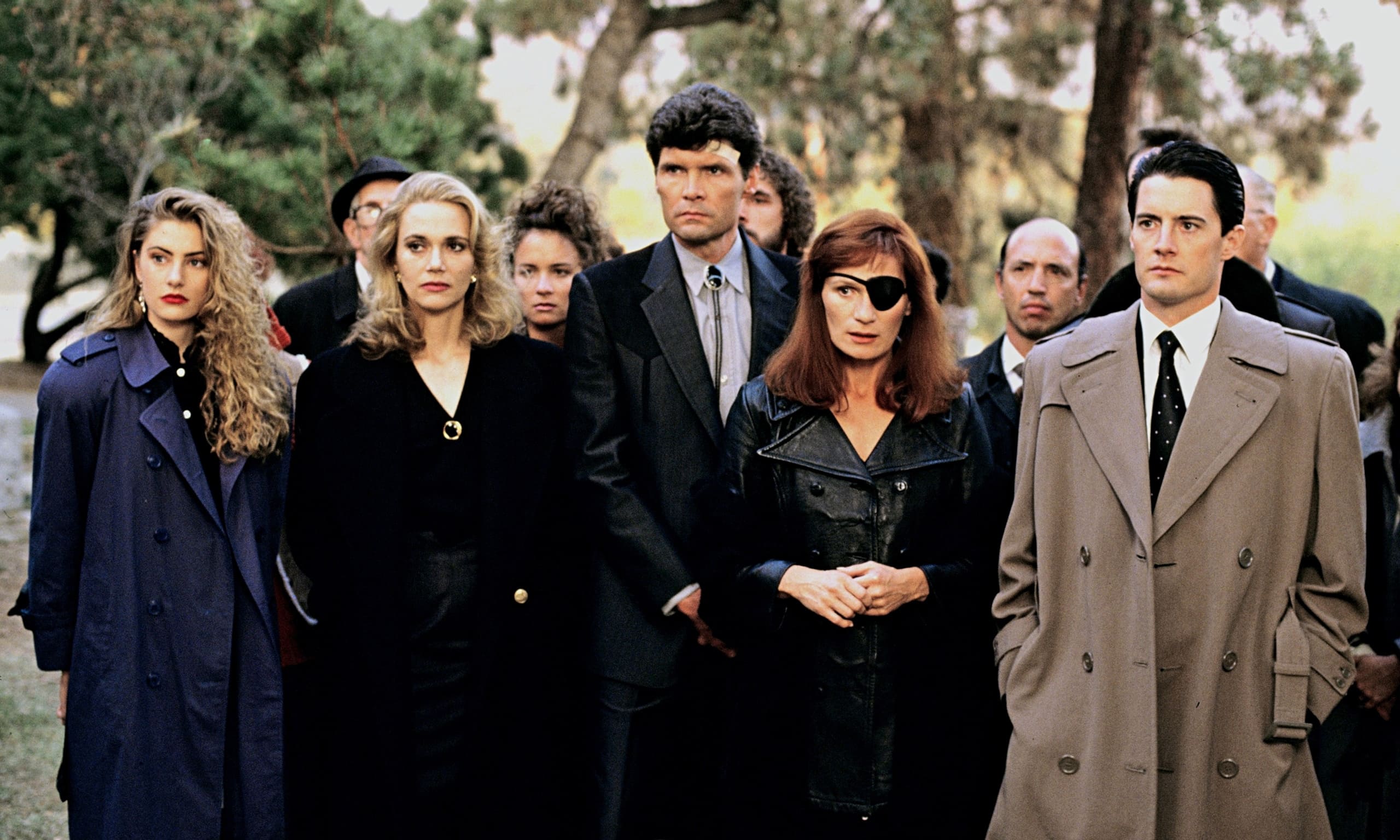
All winter long. David Lynch as Agent Gordon and his gang kept me company all winter long. Better late than never to discover a masterpiece famous in its genre, the quintessence of the dreamlike and the surreal perfectly in line with my tastes. The first season is the beginning of a great, wonderful chaos revolving around the murder of Laura Palmer, which will reach its maximum delirious potential in the third season, shot 27 years after the first. The second season and the movie, “Fire Walk with Me,” are indispensable pieces to sustain and thicken the logical thread of the plot (for those who believe there actually is a logical thread), with a more pathetic flavor. In short, a series that the further it goes, the more it borders on hallucination, with impossible yet evocative characters, that swallow you into their world and, I swear, you’ll keep thinking about for a long time, perhaps even forever.
“Gremlins”

Among the cult films set at Christmas, which are watched at Christmas, the story produced by Spielberg and directed by Joe Dante I watch only at Christmas too, to preserve its earned status as a “special” film that cannot be watched more than once a year to remain such. So, every December, I eagerly await the date when I will reunite with my furry, diabolical friends Mogwai, listen to them sing their little song and chatter in their childish language until they melt my heart. Unfortunately, it’s a story that is pure fantasy: no scientific coherence, neither manifested nor wanted, just sweet little animals with dark souls that need special care and that don’t exist, but that one time a year sweeten me with their absurdly iconic story.
“Poison”
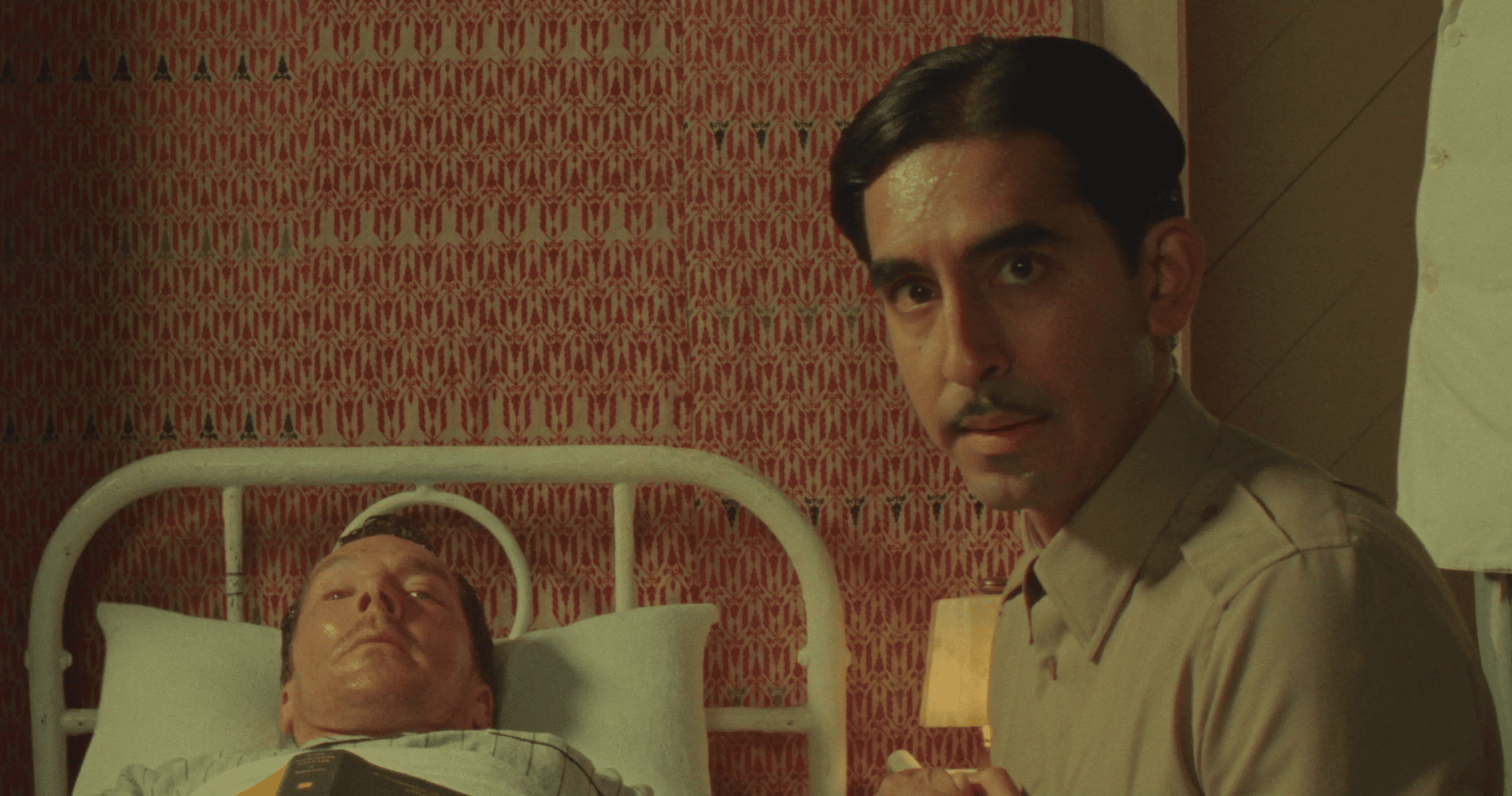
Wes Anderson‘s short film, based on a story by Roald Dahl, is part, together with the Oscar-winning “The Wonderful Story of Henry Sugar”, “The Swan”, and “The Rat Catcher”, of a collection of shorts adapted by the most visionary director of our time. The story, concentrated in 17 minutes of pure visual delight and more or less intelligible metaphors, is about an English colonel (Benedict Cumberbatch) who tries to remain as still as possible in his bed, suffering from the humid heat of 1950s India for fear of being bitten by a poisonous snake that he saw infiltrate his sheets. With an overprotective butler (Dev Patel) and a hyperactive doctor (Ben Kingsley), a question arises spontaneously: how much fantasy is there in this story in the end? And who is the poisonous snake, the Indians, or the Crown? Because as in all Andersonian masterpieces, the pastels and symmetrical deliriums always hide a deeper and more complicated message than it seems.
“Poor Things!”
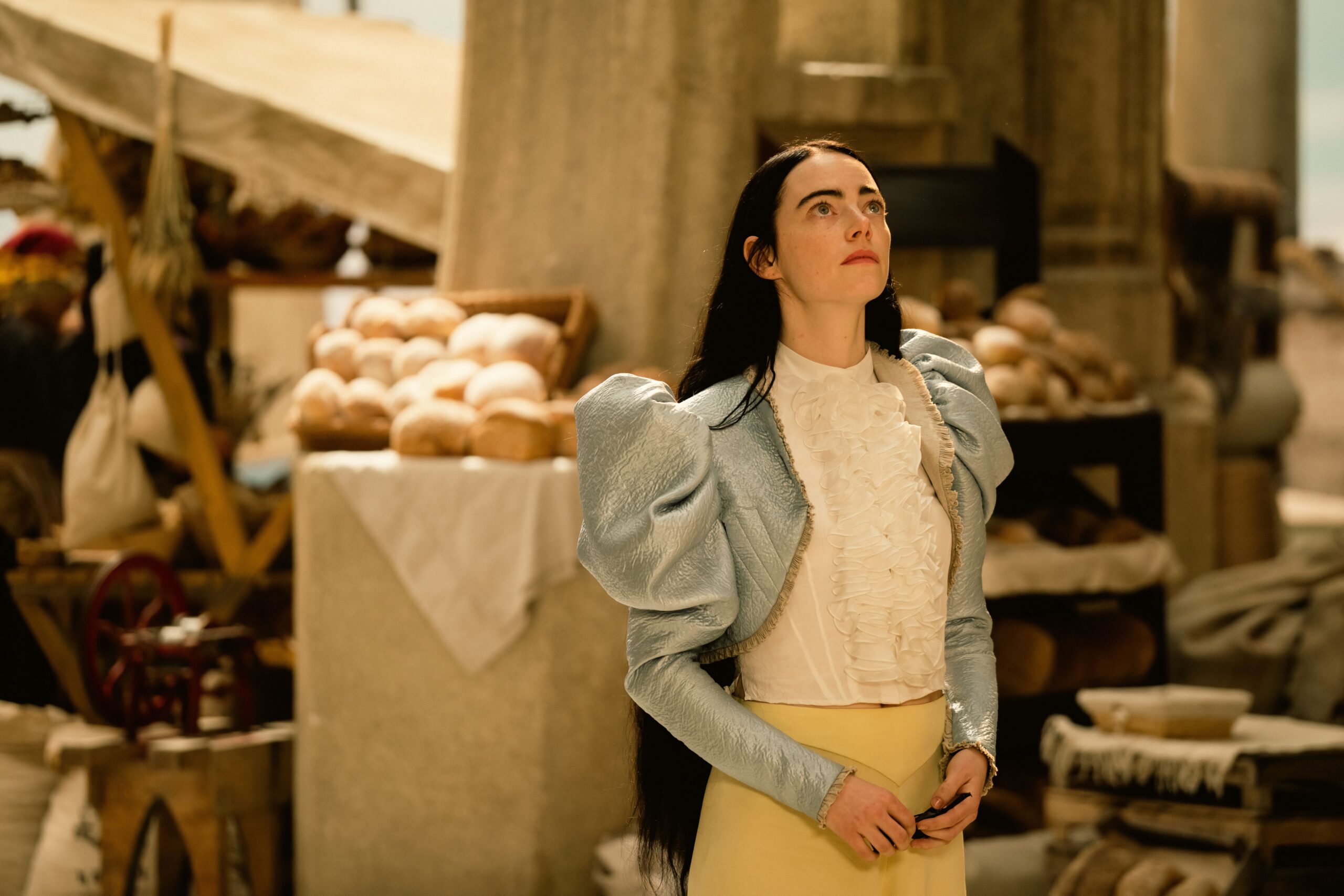
Yorgos Lanthimos‘ latest film is my film of the year. A film that you either love or hate, but an undisputed masterpiece. A concentrate of quotations and elements taken from every possible field of human knowledge, high-level acting performances, dreamlike or rather, hallucinatory scenarios that transport you from beginning to end into an absurd, surreal dimension, but also vaguely familiar, that remind you of the world as you saw it as a child, and then as a teenager, and then as an adult. With a new version of the mad scientist, a “God” in name and in fact who uses himself and others as guinea pigs for his experimental challenges against nature, macabre dances, and life told in the total absence of shame and inhibitions, I have often thought about this film, for a long time. Now in the morning, I wake up with “Bella” by Jerskin Fendrix (the song from the opening scene of the film).
“Wonka”
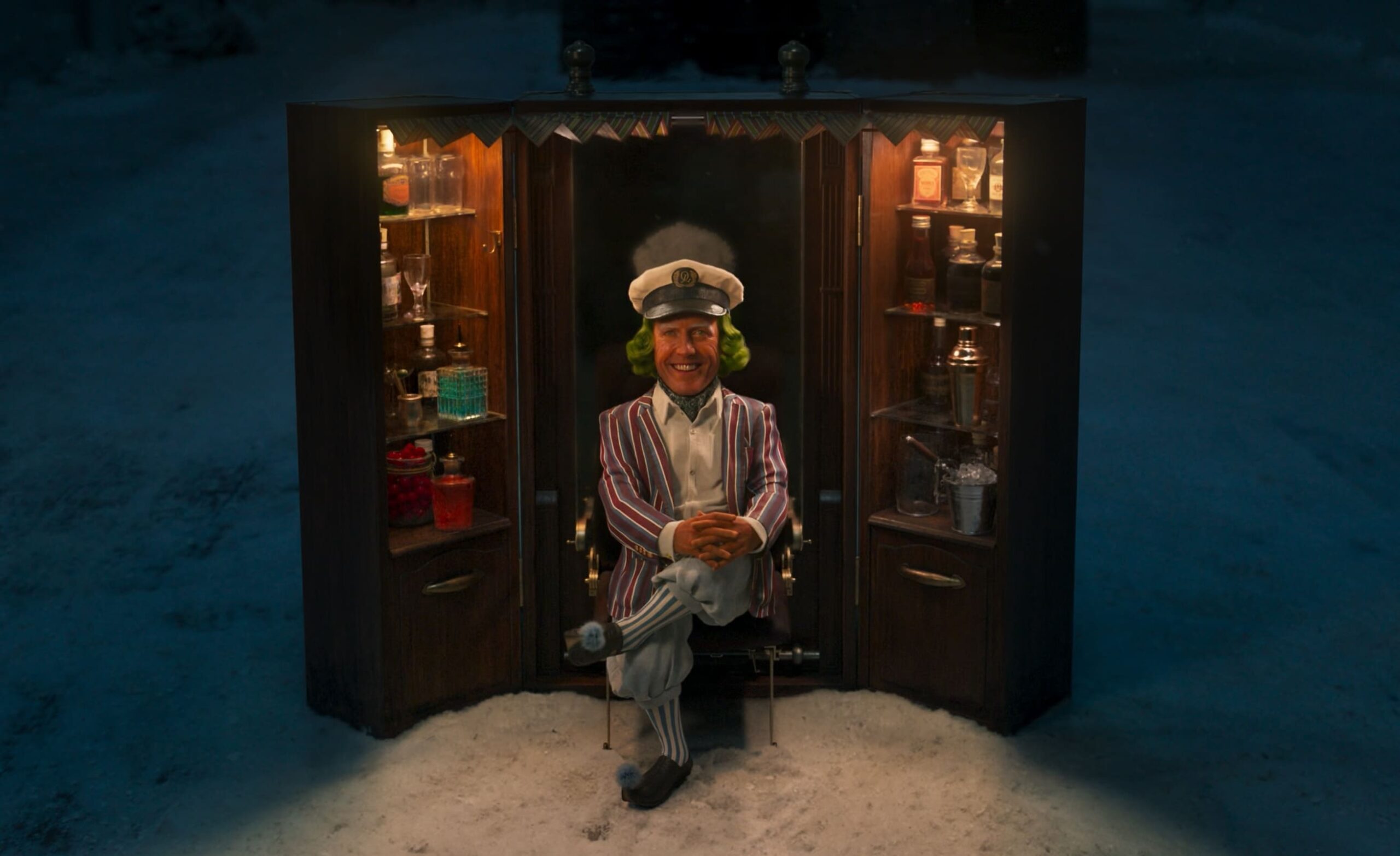
“Oompa, Loompa, doompa-dee-do / I’ve got a perfect puzzle for you / Oompa, Loompa, doompa-dee-dee / If you are wise, you’ll listen to me”. Unpopular opinion, but this film (and this annoying little song) captivated and hypnotized me. Maybe it was the chocolate, or maybe the colors, or maybe Timothée Chalamet dancing and singing and looking like Fred Astaire, or rather, maybe Hugh Grant with green hair in pocket version, but I genuinely enjoyed it. I started the film with low expectations, imagining it impossible and useless to successfully reproduce a story already iconically told by Johnny Depp and Tim Burton and by Gene Wilder and Mel Stuart before them, and instead I finished the film with a smile on my face and tears in my eyes. Because Willy Wonka’s story remains the story of all of us who have many, great dreams and only good intentions, and who put ourselves into play, even with what little we have, to try to achieve them.
“Severance”

I don’t love binge-watching series; it’s not for me—I always prefer to savor what I watch, prolong the pleasure when the series captivates me, delay the sad moment when I’ll have to leave the characters I’ve met to realize they’re not my friends, and leave their world to realize it’s not mine. However, I devoured “Severance” in a couple of days. Perhaps because that world was uncomfortable and unsettling, and I didn’t want to be there, because I never wanted to deal with any of those characters, because the story was hypnotic. In other words, the so-called “cliffhanger”, the end of each episode where you don’t understand the state the brave ones who wanted to separate private life from work are in, and how their brains will end up, was always too suspended. I had to know what was underneath, I had to decide which side I was on, I had to understand why and to what extent that world in which forgetting past traumas through surgical manipulations was a possibility seemed appetizing to me.
More Interesting Surreal Stuff
“Dune” (1 and 2, by Denis Villeneuve)
“Blade Runner 2049”
“Fallout”
“The Three-Body Problem”
“The Man in the High Castle”

